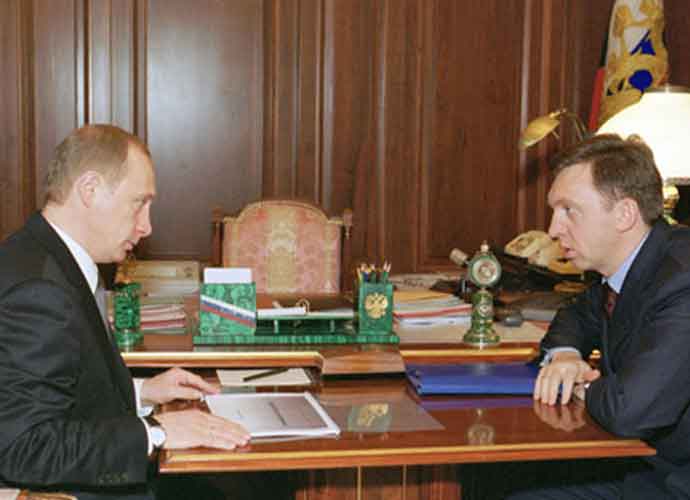Trump Administration Lifts Sanctions On Russian Oligarch Oleg Deripaska’s Companies
President Donald Trump‘s administration stated Wednesday that it will drop sanctions against Russian oligarch Oleg Deripaska‘s companies.
The Treasury Department had reportedly delayed the decision regarding Deripaska, one of Russia’s most prominent oligarchs, for months. Several Democrats and foreign policy pundits condemned the move, saying it sent an inadequate message to Moscow about its behavior against the U.S. and other countries.
Deripaska’s business — which include Rusal, the world’s second-largest aluminum firm — drew sanctions in April as punishment for Russian meddling in the 2016 election and other similarly nefarious actions carried out by the country.
The oligarch’s empire countered by launching a giant, multimillion-dollar lobbying campaign to postpone and ultimately lift the sanctions in return for pledges from Deripaska to yield majority ownership of EN+, the holding company that oversee Rusal.
Subscribe to our free weekly newsletter!
A week of political news in your in-box.
We find the news you need to know, so you don't have to.
SLIDESHOW: DONALD TRUMP’S 30 CRAZIEST TWEETS
The only way the sanctions against Deripaska and his companies could be restored would be if Congress attempted to block the effort “by passing a joint resolution of disapproval within 30 days.” Nevertheless, a whole new class of lawmakers is set to enter Capitol Hill next month, so this scenario seems improbable.
Also on Wednesday, the Treasury Department revealed new sanctions on a former Russian military intelligence officer who is allegedly an associate of Deripaska.
Aside from interfering in the 2016 U.S. election, the Kremlin — led by Vladimir Putin — has been highly criticized by the international community for other issues, like its seizing of three small Ukrainian naval ships and 23 sailors in November.
Peter Harrell, a former sanctions expert and State Department employee under Barack Obama, said he believed the Treasury Department’s Office of Foreign Assets Control (OFAC), which institutes economic sanctions, did not fully understand the implications of keeping or lifting sanctions on Deripaska’s companies.
“I think OFAC had not understood that sanctioning Rusal was going to increase global aluminum prices by 20 percent over two weeks, and that put them very much in a mood to make a deal to keep Deripaska sanctioned while getting Rusal out from sanctions,” said Harrell.
Get the most-revealing celebrity conversations with the uInterview podcast!








Leave a comment